Pressure grows for underground power lines
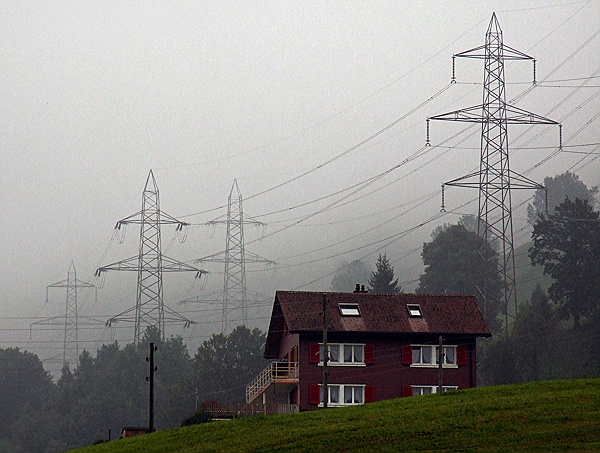
Most Swiss consumers would be happy to have cheaper electricity but would draw the line at high-tension power cables close to their home.
Attempts to move to more underground cables have had little political success. But the situation is changing.
In Switzerland, battles are taking place that most people are unaware of. These are not conflicts over land or natural resources but over power lines and whether to prevent their proliferation.
Swissgrid, the national electricity grid operator, estimates that the power supply system needs to be extended by no less than 1,000 kilometres by 2020.
Certain construction projects, such as that between Galmiz and Yverdon in northwestern Switzerland, and near Riniken in Aargau, northern Switzerland, have been completely blocked for years or even decades. Residents and communes are taking energy firms to court because they fear negative health effects from overhead power lines or don’t want to see the countryside spoiled.
In spring, the federal court caused a political upset when it sided with the people of Riniken and ruled that the energy firm Axpo would have to bury its power lines.
Now scientists have shown in a large comparative study that even high-tension power lines can be placed underground. Until now it was only low- or medium-voltage cables that were buried.
A “quantum leap”, according to Jean-François Steiert, president of the Hochspannung unter den Boden (high-tension power lines underground) association, commenting on the conclusions of the experts at Germany’s Ilmenau university of technology.
Sinking cost
While the cost of underground cabling is still higher than that of constructing pylons, the German experts say the difference is not as great as before.
“In the past, underground cables were 18 to 30 times more expensive. Today it’s two to three times more,” Steiert told swissinfo.ch.
The Social Democrat parliamentarian insists not just operational costs should be taken into account when planning overhead power lines but also economic factors.
“If a high-tension power line crosses a construction zone, the cost of the land lost is higher than in an agricultural zone,” he said.
The placing of lines underground “only has a very marginal effect” on costs passed on to consumers, Steiert said, pointing to a study carried out for Electricité de France showing that placing the whole French high-tension cable network underground would result in an increase for consumers of only one cent per kilowatt hour used.
Steiert believes the underground cable alternative is suitable for the lowland areas. The ground is soft (earth of scree), and the infrastructure – motorways and railway lines – is already there, enabling cables to be laid.
“But it’s not the association’s aim to bury all cables, but to gradually move the high-tension lines underground,” he added.
Protecting nature
For Raimund Rodewald, head of the Swiss Foundation for Landscape Conservation, it is clear that high-tension cables belong in the ground when they cross areas listed in the Federal Inventory of Landscapes and national monuments of natural importance or are close to housing settlements where people have little acceptance of pylons.
Rodewald is pleased about Swissgrid’s announcement that it plans to try out pilot schemes.
“We need these to find out what best practice would be in terms of the cabling,” he told swissinfo.ch.
But that alone is not enough. He argues that pilot projects must be started “relatively quickly” by the government and the Federal Energy Office.
“It needs a political programme with sections defined where cables will be laid,” he said.
For Rodewald it is obvious that underground cables should primarily replace planned pylons where there is strong opposition from the local population and the communes to overhead power lines.
This is the case, for example, with the Mühleberg-Wattenwil line which runs through the Bernese Gürbetal valley, the protected Pfynwald region, and the planned Galmiz-Yverdon project.
Extra costs
Unlike Steiert, Rodewald sees appreciable extra costs in expanding the power grid, regardless whether it is overhead or underground cabling. He estimates the investment needed at tens of billions of francs.
In view of this, the foundation is calling for an additional tax on the cost of electricity. It believes the cost is currently too low and consumers need to be given incentives to use electricity more sparingly.
The additional cost of laying cables underground should also be added to the price of electricity, it believes.
“According to the law, any electricity price increase must be within ‘reasonable bounds’. We need a clear statement here from Energy Minister Doris Leuthard,” Rodewald said.
Steiert says those still sceptical despite the federal court ruling and the study need look no further than canton Ticino where the electricity company azienda elettrica ticinese has laid high-tension cables underground between Mendrisio and Cagno in Italy.
Scientists from the Ilmenau university of technology, Germany, examined 176 studies and documents from the years 2000 to 2011 addressing the topic of grid expansion in the power-transmission network.
The meta study examines topics dealing with technology, construction, operation, economic viability, the general population and the environment.
It found that investment costs for overhead lines were significantly lower. However, underground cabling has less impact on the landscape and produces less electrosmog, making it easier for the population to accept.
Estimates for transmission loss vary.
According to Raimund Rodewald, head of the Swiss Foundation for Landscape Conservation, the amount of power lost to the atmosphere from overhead lines is equivalent to the annual output of a nuclear power station.
(Adapted from German by Morven McLean)

In compliance with the JTI standards
More: SWI swissinfo.ch certified by the Journalism Trust Initiative
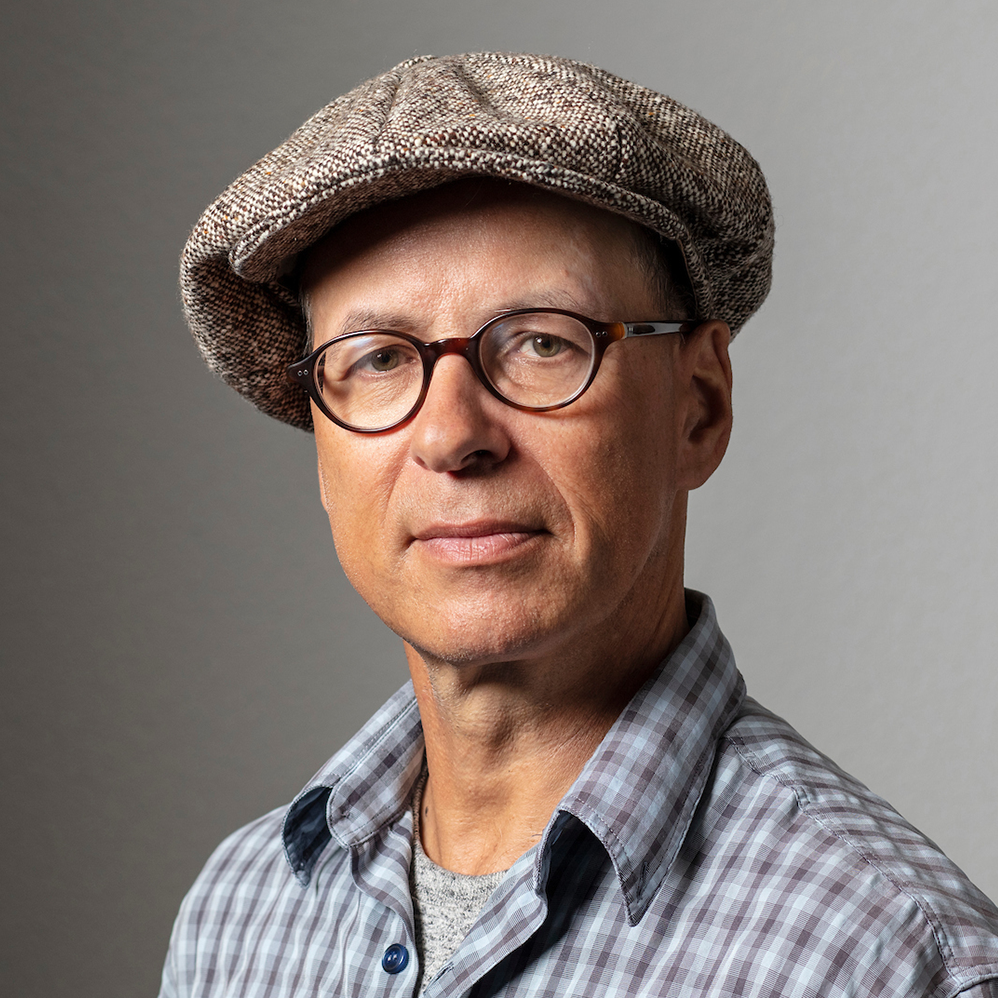
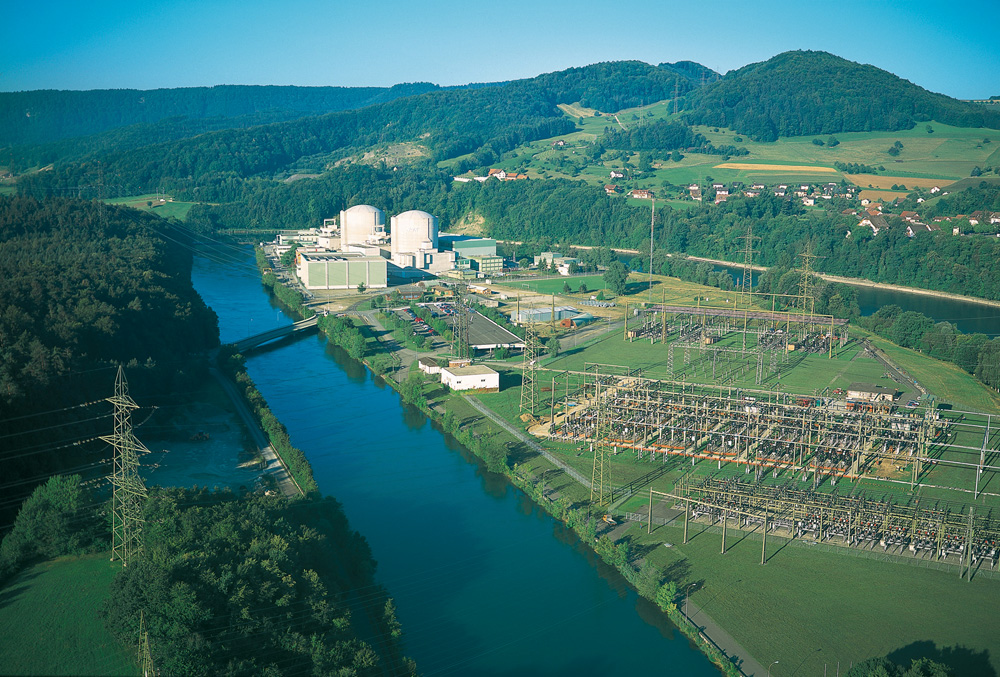
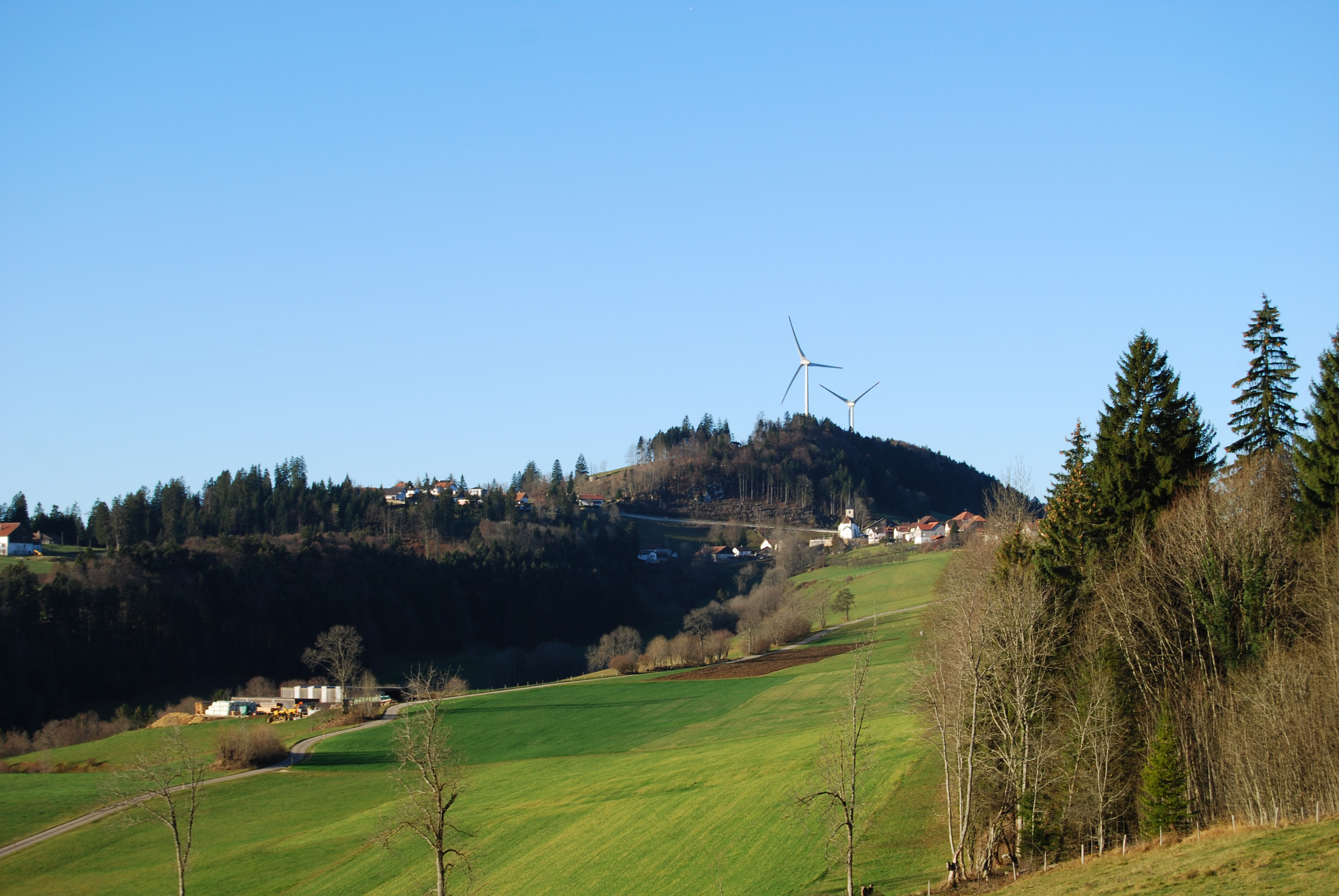
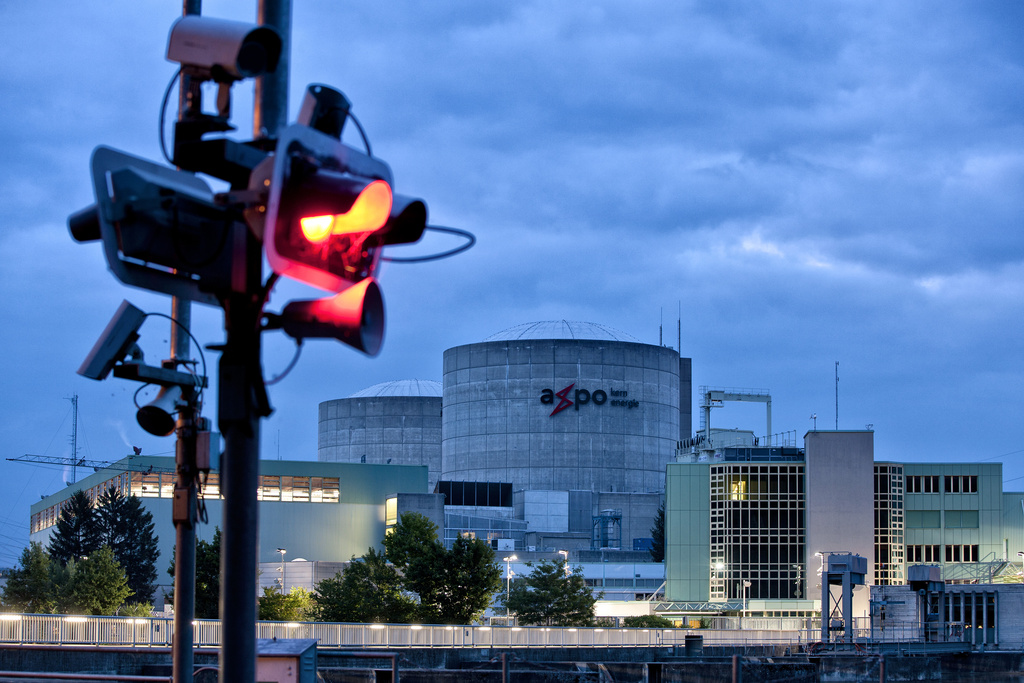
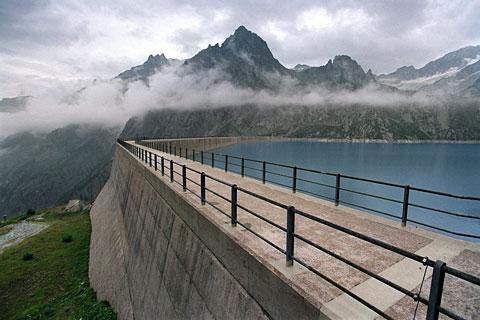
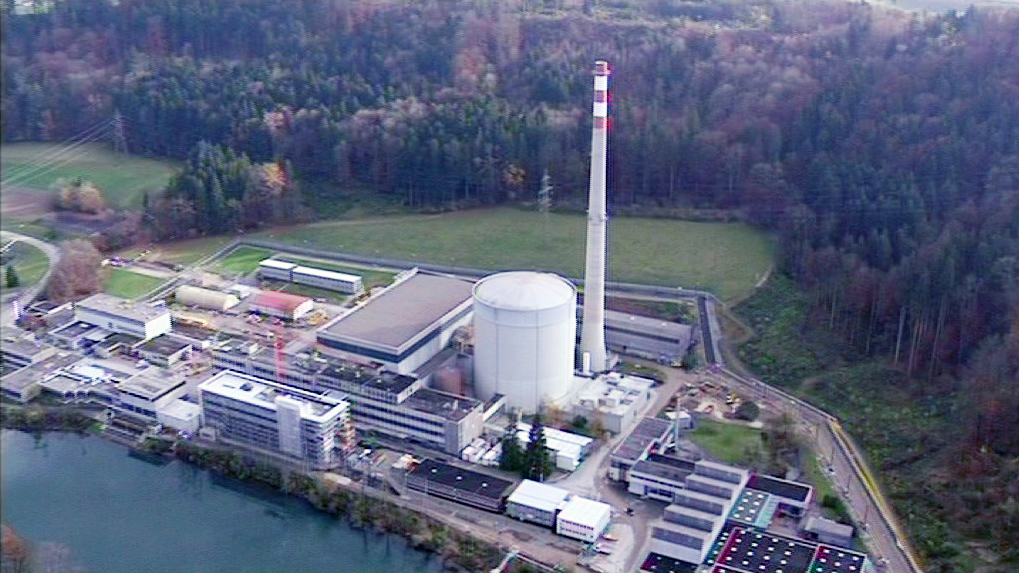
You can find an overview of ongoing debates with our journalists here. Please join us!
If you want to start a conversation about a topic raised in this article or want to report factual errors, email us at english@swissinfo.ch.